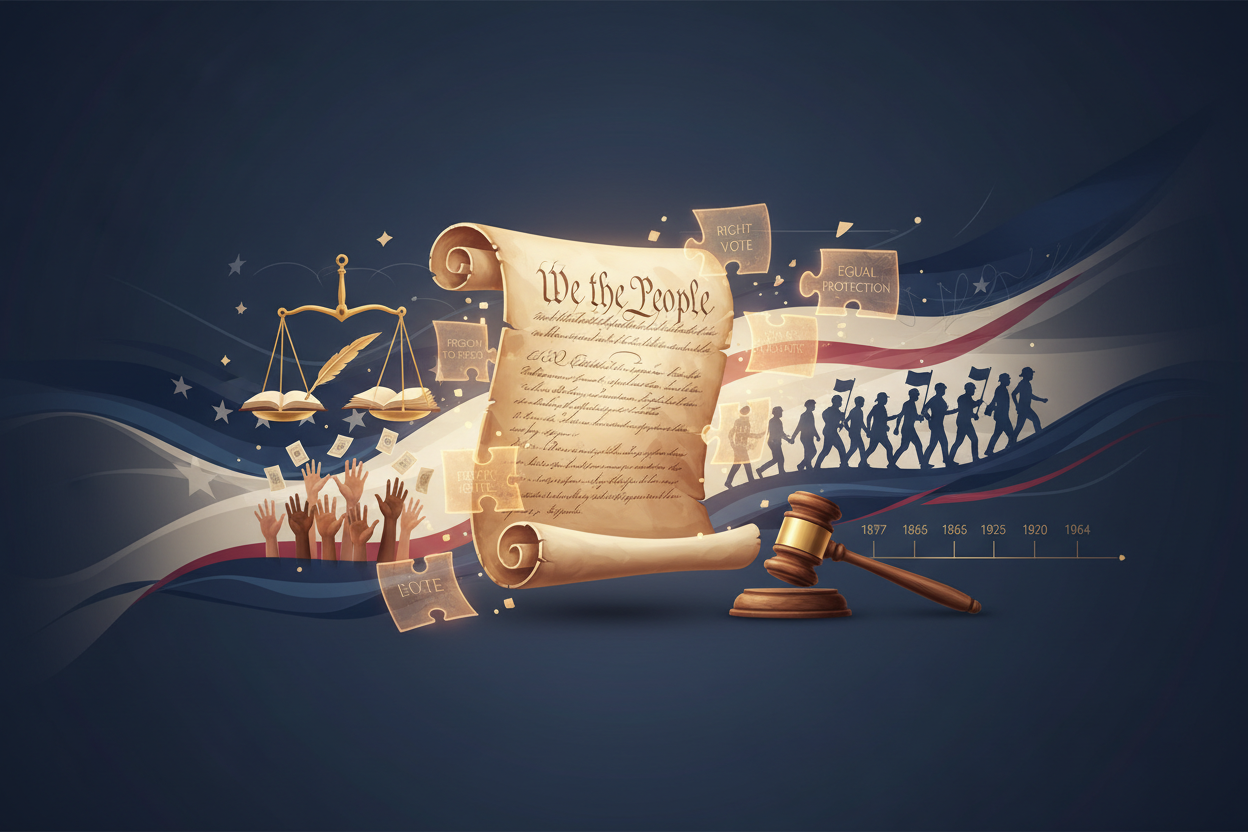Weird News: The Craziest Conspiracies Ever Reported
In a world filled with mysteries, some stories transcend the boundaries of logic and plunge into the realm of the bizarre. Conspiracy theories have always had a magnetic pull, captivating minds with their audacious claims and intricate plots. From lizard people ruling the world to the moon landing being a Hollywood production, the weirdest conspiracies ever reported continue to intrigue and bewilder. In this article, we delve into some of the most outlandish theories while understanding their origins and impact.
The Allure of Conspiracy Theories
Conspiracy theories captivate us because they offer alternative explanations to the mundane. They often arise during times of uncertainty and can provide a sense of understanding in a chaotic world. But why do people believe them? According to a study by the American Psychological Association, approximately 50% of Americans endorse at least one conspiracy theory. Let’s explore some of the most infamous conspiracies that have captured the public’s imagination.
The Moon Landing Hoax
One of the most enduring conspiracy theories is the claim that the 1969 moon landing was a hoax orchestrated by NASA and the U.S. government. Proponents argue that the entire event was filmed on a Hollywood set, citing inconsistencies in the photographs and videos. For instance, skeptics point to the absence of stars in the lunar sky and the fluttering flag as evidence of a staged event.
However, these claims have been debunked by experts. The absence of stars is due to the camera exposure settings, and the flag appears to flutter due to the momentum from being planted in the lunar soil. Despite evidence to the contrary, a 2019 survey by YouGov found that 10% of Americans still believe the moon landing was faked.
The Reptilian Elite
Perhaps one of the most bizarre conspiracy theories is the belief that shape-shifting reptilian aliens control the world. Popularized by former BBC sports reporter David Icke, this theory suggests that these reptilian beings masquerade as humans and hold positions of power to manipulate global events.
The idea gained traction with the advent of the internet, where forums and social media amplified these claims. Despite its fantastical nature, a 2013 survey by Public Policy Polling revealed that 4% of voters believe in the existence of lizard people.
Chemtrails and Weather Control
The chemtrail conspiracy holds that the trails left by aircraft are not mere water vapor but chemicals used for weather manipulation or population control. Believers argue that the government is involved in a secret program to alter the climate or spread harmful substances.
In reality, these trails are contrails, formed by the condensation of water vapor from aircraft engines. Scientists have repeatedly debunked the chemtrail theory, but it persists, with a 2016 survey finding that 10% of Americans are concerned about the potential harm from chemtrails.
The Psychological Appeal of Conspiracies
Conspiracy theories thrive on the human need for pattern recognition and control. During uncertain times, such as political upheavals or pandemics, these theories offer a sense of comfort and understanding. They create an “us versus them” narrative, providing believers with a sense of belonging and purpose.
Psychologists suggest that these theories appeal to individuals with lower levels of trust in authority and higher levels of paranoia. Moreover, the social aspect of sharing and discussing conspiracies can strengthen group identities, making it challenging to dispel these beliefs.
The Role of Social Media
The rise of social media has been a double-edged sword for conspiracy theories. On one hand, it allows for the rapid dissemination of information, while on the other, it spreads misinformation at an unprecedented rate. Platforms like Facebook, Twitter, and YouTube have become breeding grounds for conspiracy content, with algorithms often favoring sensational and controversial material.
According to a 2020 study by the Pew Research Center, 64% of Americans believe social media has a mostly negative effect on the way things are going in the country today, partly due to the spread of false information.
Actionable Tips to Combat Misinformation
While conspiracy theories can be intriguing, it’s essential to approach them with a critical mind. Here are some actionable tips to combat misinformation:
- Verify Sources: Always check the credibility of the source before accepting any information as fact. Look for reputable news outlets or peer-reviewed journals.
- Think Critically: Question the logic behind a theory. Does it rely on verifiable evidence or speculation?
- Educate Yourself: Stay informed about the scientific method and how evidence is evaluated. Understanding these concepts can help discern fact from fiction.
- Engage in Constructive Dialogue: When discussing conspiracies with others, focus on evidence-based reasoning and avoid personal attacks.
Conclusion: The Impact of Conspiracy Theories
Conspiracy theories, while often entertaining, can have serious consequences. They can erode trust in institutions, fuel division, and even incite violence. As the digital age continues to evolve, the challenge of combating misinformation grows. By fostering critical thinking and promoting media literacy, we can mitigate the impact of these bizarre narratives.
The craziest conspiracies ever reported serve as a reminder of the human imagination’s boundless capacity. Whether they are rooted in skepticism or creativity, these theories highlight the need for vigilance and discernment in a world where truth is often stranger than fiction.





Leave a Reply
You must be logged in to post a comment.